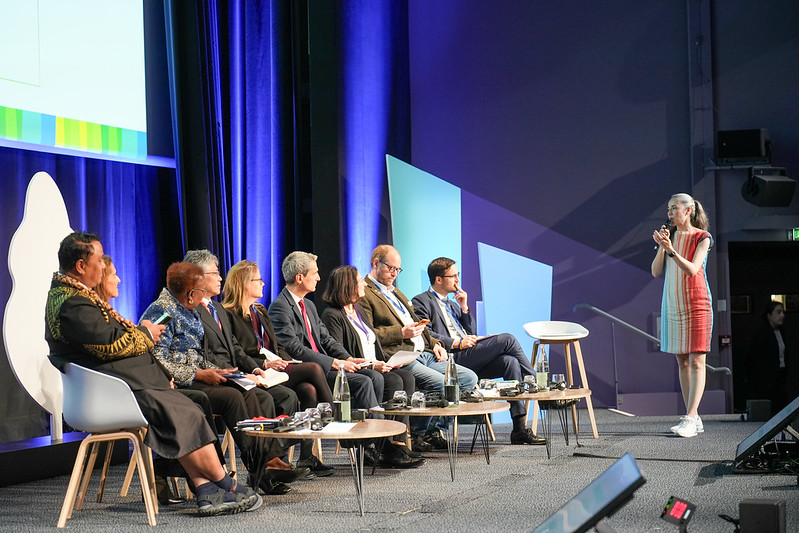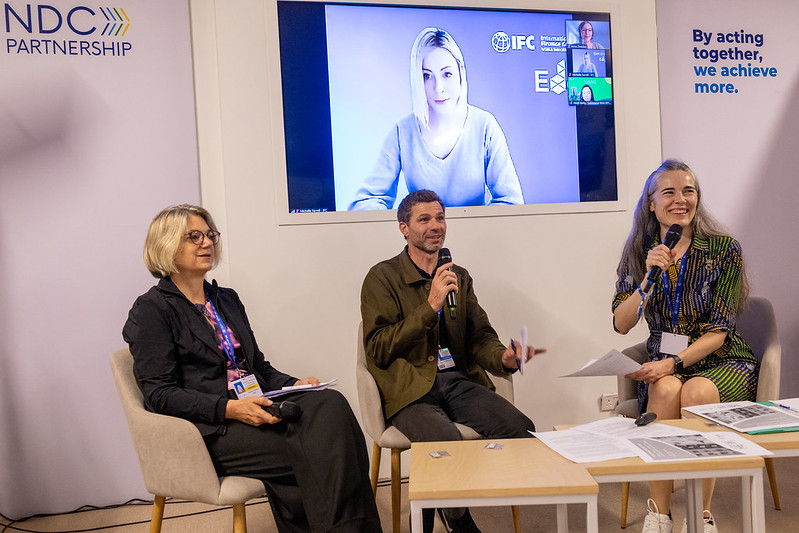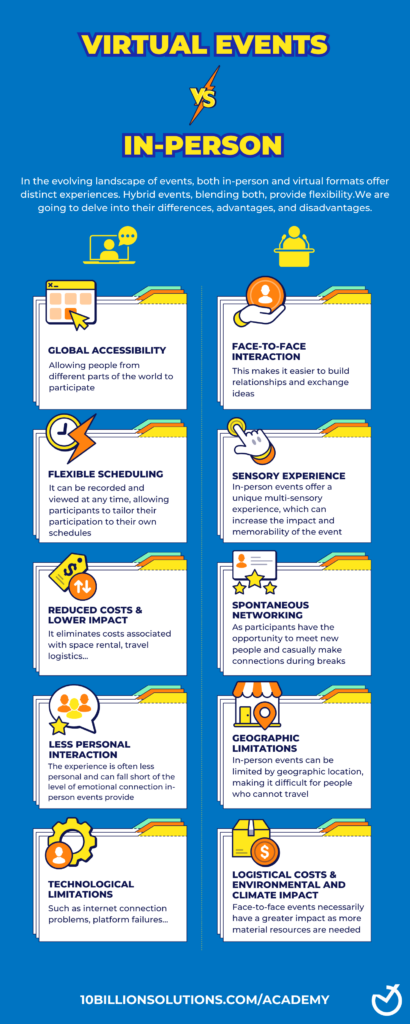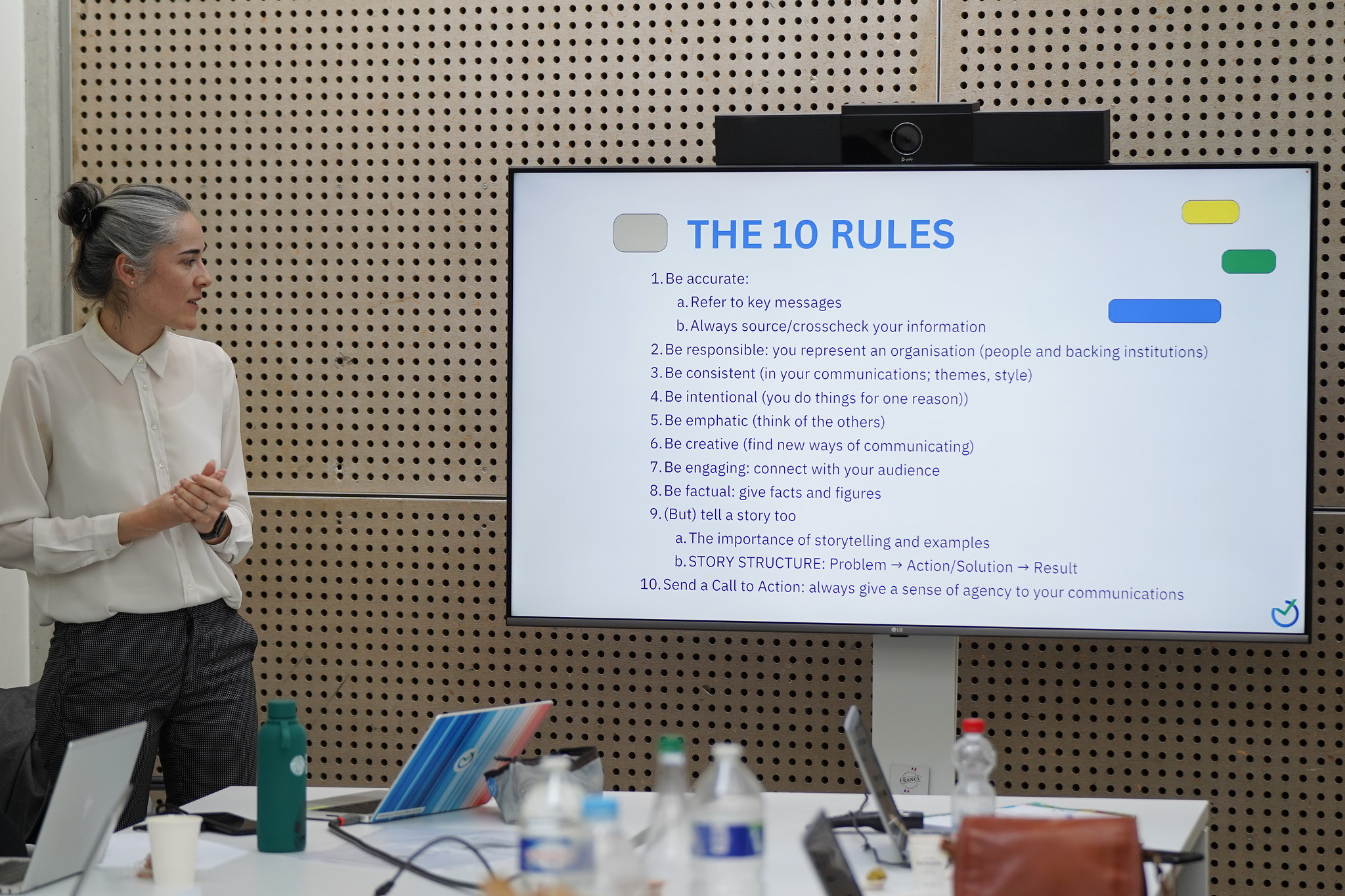With the increasing digitisation of our lives, events have also evolved, ushering in a new era where in-person and virtual events coexist and offer different experiences but also combine in hybrid events where both in-person and online participation is possible. In this article, we will explore the differences between the two types of events, as well as their advantages and disadvantages, to help you choose the best option for your needs and objectives.
In-person events: the traditional experience
In-person events have long been the traditional way of educating people, bringing them together to exchange ideas, make connections and enjoy shared experiences. These events have a number of distinctive characteristics:
Advantages:
- Face-to-face interaction: one of the biggest advantages of in-person events is the opportunity to interact face-to-face with other participants, which makes it easier to build relationships and exchange ideas in a more natural and authentic way.
- Sensory experience: in-person events offer a unique multi-sensory experience, including sight, sound, touch and even smell or taste, which can increase the emotional impact and memorability of the event.
- Spontaneous networking: at in-person events, spontaneous networking is common, as participants have the opportunity to meet new people and casually make connections during breaks, lunches or social activities.
Disadvantages:
- Geographic limitations: in-person events can be limited by geographic location, making it difficult for people who cannot travel to the venue to participate.
- Logistical costs: organising an in-person event can be costly due to the expenses associated with space rental, travel logistics, food and infrastructure needed for the event.
- Environmental and climate impact: face-to-face events necessarily have a greater impact as more material resources are needed, such as electricity or air conditioning of rooms, signage materials, emissions from transport or food, etc.

Virtual events: the new frontier of virtual connectivity
Digital events have experienced a significant boom in recent years, especially with the COVID-19 pandemic that has accelerated the adoption of virtual platforms for event organisation. These events offer a number of unique features:
Advantages:
- Global accessibility: digital events can be accessible to a global audience, eliminating geographical barriers and allowing people from different parts of the world to participate.
- Flexible scheduling: digital events offer greater flexibility in terms of scheduling, as they can be recorded and available for viewing at any time, allowing participants to tailor their participation to their own schedules.
- Reduced costs: hosting digital events can be more cost-effective than in-person events, as it eliminates costs associated with space rental, travel logistics and other expenses related to the physical infrastructure of the event.
- Lower impact: digital events have the electricity impact of maintaining the servers and devices from which participants connect, which is much less than the impact of in-person events.
Disadvantages:
- Less personal interaction: while digital events offer opportunities for interaction through chats and video conferencing, the experience is often less personal and can fall short of the level of emotional connection in-person events provide.
- Technological limitations: digital events are subject to potential technical issues, such as internet connection problems, platform failures or technical difficulties for participants, which can affect the event experience.
The perfect match: in-person and online events

After exploring each of the formats, we can say that both in-person and digital events have their own advantages and disadvantages, and that the choice between one or the other will depend on the objectives of the event, the needs of the audience and the specific circumstances. However, an emerging trend is to combine both types of events, leveraging the best of both worlds to create hybrid experiences that offer the global accessibility of digital events and the personal interaction of in-person events. By embracing this new era of virtual connectivity, we can take full advantage of the opportunities events offer to inform, inspire and connect people around the world.
If you want to continue learning about moderation, you can read other articles in our resources for communication section. Also remember that we offer personalised advice and consultancy for moderator training, for individuals and organisations! Request information here or email us to academy@10billionsolutions.com.






